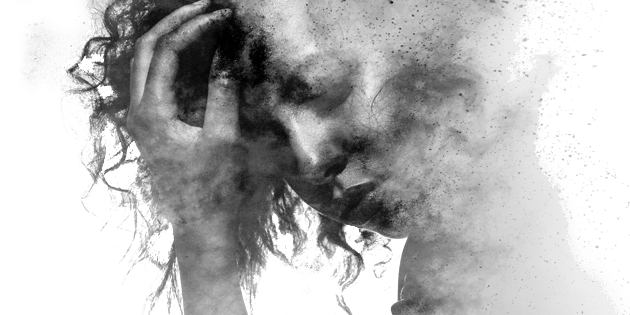the question isn’t “What‘s wrong with you?” but “What happened to you?”
The American Psychological Association defines a traumatic event as “one that threatens injury, death, or the physical integrity of self or others and also causes horror, terror, or helplessness at the time it occurs.”
The SAMHSA’s National Child Traumatic Stress Initiative has reported research that shows that over 60% of all children experience at least one traumatic event by age 16.
How adverse childhood experiences manifest into mental and physical health issues in adults becomes more apparent as more research is conducted and reported. Still, we know that women who experience childhood trauma, particularly sexual or physical violence, are up to four times as likely to live with anxiety and depression.
Childhood trauma has been linked to depression, substance use disorder, anxiety, eating disorders, bipolar disorder, borderline personality disorder, and more.
Turning to food, alcohol, or drugs as a method of self-medicating or coping with negative emotions is common.
In addition, women who experience childhood trauma often find themselves in relationships with those who may be emotionally unavailable or abusive, which often leads to a whole new cycle of trauma.
Many are aware of their past and know what they need and want, yet they choose unhealthy options due to unconscious influences from their childhood. Often, traumatic feelings are familiar, and many will choose abusive relationships, regardless if they are aware they are not making the choices they should be making.
Trauma doesn’t just affect the brain. It can make its way into your body and physically present itself later in the form of obesity, autoimmune disorders, inflammation, digestive disorders, heart disease, and even cancer.
The bottom line is that adverse childhood trauma doesn’t always “just heal.” It creates wounds that are presented in different ways, and when the cause of the wound is left untreated, it may never heal.
Get to the root of “what happened,” not “what’s wrong.” If you believe you are suffering from an adverse childhood experience, contact us to schedule an appointment with a therapist or one of our care providers.








